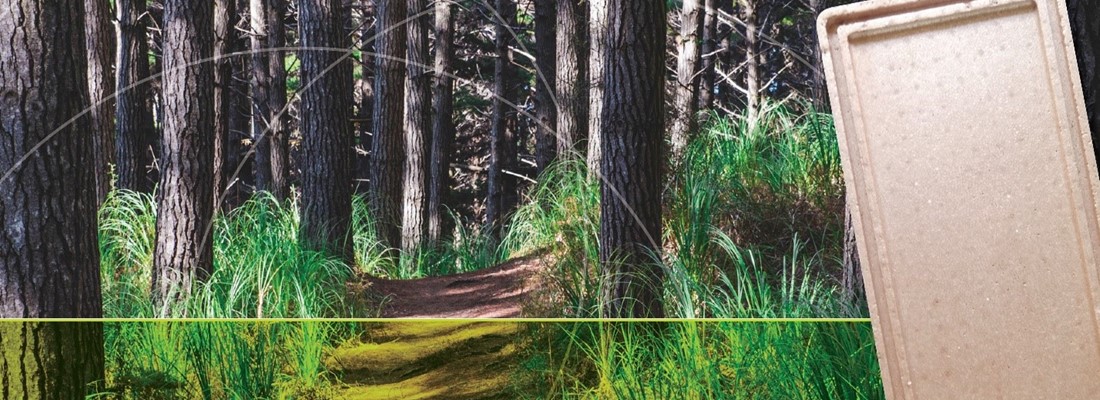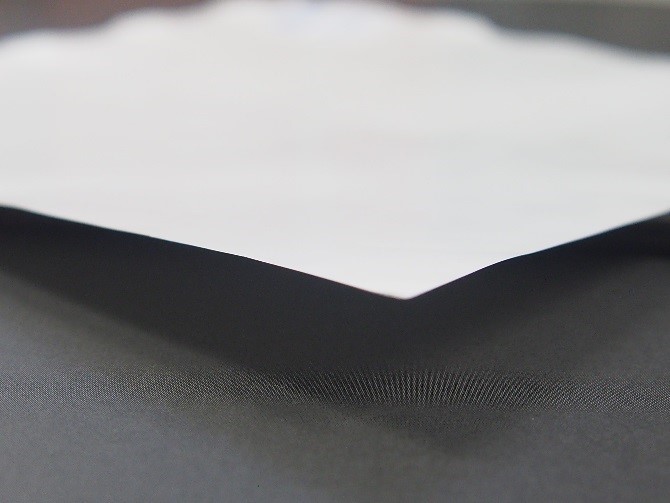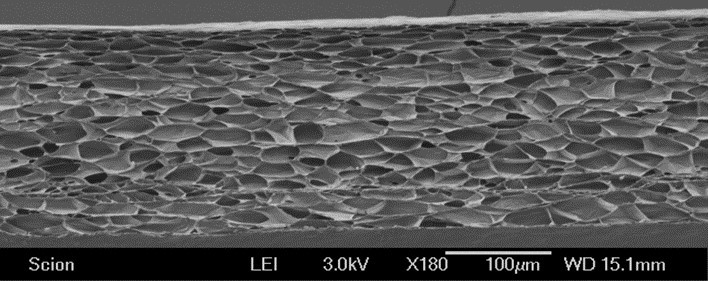
The Revolutionary Bioplastic Solution...
The growing global demand for "bio-based plastics" inspired BPN to develop ZealaFoam® as
a sustainably sourced alternative to petroleum-based foam such as polystyrene. Bioplastics
are a form of plastic derived from renewable biomass sources, such as vegetable
fats and oils, corn starch, pea starch or microbiota.
ZealaFoam® is an expanded polylactic acid foam (E-PLA). It is
an excellent material offering excellent impact resistance and insulation properties
suitable for a broad range of existing commercial and commodity-focused products.
We manufacture this versatile product from commercially available PLA beads which
are plant-derived. We impregnate the beads with CO2, a green blowing
agent, using our revolutionary patented technology and ZealaFoam® can
be safely disposed of by industrial composting or burning.
Click here to download more information.
Commercial Applications - read more:
EcoBeans
Sustainable
Packaging
Helmets
Helmets have a limited shelf life and must be replaced on a regular basis in accordance with the manufacturer’s warranties. Our ZealaFoam® technology manufactured from plant-based material is ideally placed to meet the stringent safety requirements whilst addressing the growing demand for green sustainable products containing no harmful chemicals.
Bee Boxes
Bees are amazing creatures which have adapted to very diverse environments. They have the ability to both heat and cool their hives to maintain a constant temperature. However, this takes energy from the hive and better insulation of their accommodation delivers less stress for the inhabitants providing better hive health and greater levels of production. The majority of beehives are made from wood and maintaining a consistent temperature is difficult. More recently polystyrene has been tried as it is much lighter and has better insulation properties. ZealaFoam® provides the same insulation advantages as polystyrene while offering a sustainably sourced plant-derived alternative.
Good news for manufacturers
ZealaFoam® can potentially be substituted for almost any moulded
polystyrene product. This means manufacturers can mould ZealaFoam® on
existing EPS moulding equipment without the costly exercise of buying new moulding
machines and re-tooling. We are happy to work with manufacturers to embed ZealaFoam® in
the factory.
ZealaFoam® tests have returned performance data comparable to
polystyrene for both impact resistance and insulation properties.
Process from PLA Resin to Finished Product

BPN has developed a second generation of bio-based foam products. These incorporate
biomass which can alter cost, appearance and functionality. BPN has worked with
a number of available waste streams including pine bark, proteins from a number
of plant sources and plant fibres. Excellent moulded products have been produced
with a range of colours and textures.

ZealaFoam® Lightweight Printable Film
BPN's ZealaFoam® Film is a closed micro-cellular foamed product.
It is made from Polylactic Acid (PLA) which is an industrially compostable material
derived from renewable resources such as corn. The blowing agent used for foaming
is CO2, meaning no petrochemicals are used in the production of ZealaFoam® films.
It looks and feels like a film but has the ultra-lightweight properties of a foam
with an improved specific strength in comparison to solid PLA films. The film has
a smooth and shiny surface which can be printed on. The PLA grade and processing
parameters can be manipulated to tailor properties for specific applications.
Typical Product Attributes
- Density range 20 g/L - 140 g/L - application dependant
- Improved Specific Strength (3.5 x higher than solid PLA film of identical grade)
- Thickness of samples 80 to 200 microns (thinner samples are possible)
- Tear Resistance (ASTM D1938-09) 0.07 N
- Slow Probe Penetration (ASTM F1306-90) 7.00 N
- Cobb testing shows no water penetration
- 100 % Bio-based
- Industrially compostable
- Shiny and smooth surface that is printable

100 micron thickness sample.

Microscope view of interior cellular structure.
BPN continues to develop new technologies in several areas including Plant-based
Composites and Water-absorbing bio-based film.